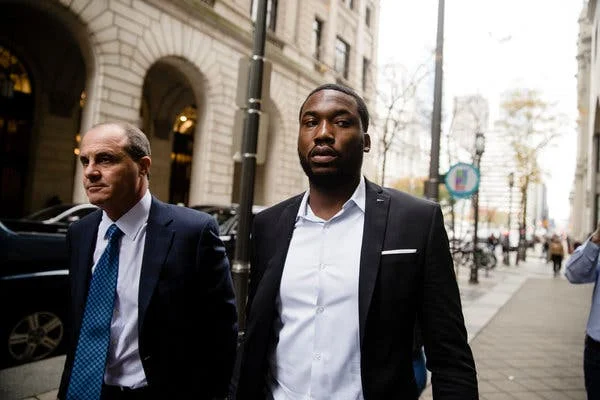The Significance of Tiger Woods' Masters Victory
On Sunday afternoon, Tiger Woods launched his approach shot high into the air on the famed 16th hole at Augusta National Golf Club. Staring intently, he willed the ball to find the slope and trickle down to the hole. On the other side of a TV screen, sitting in a hotel room in Puerto Rico, I held my breath as the cameras followed the ball as it tumbled down from its zenith onto the green. I screamed with elation, just as the crowd did, when the ball came to rest just inches from the hole. Thereafter, I high-fived my dad as the reality that Tiger was about to win again hit me.
Fourteen years ago, Tiger stood over a delicate chip shot aside the same green. Miraculously and seemingly impossibly, he pitched the ball onto the same slope that he used last Sunday, letting the ball tip-toe into the hole. I wasn’t old enough to remember that moment, though -- a moment that epitomized Tiger’s undefeatable glory in the early 2000s.
Instead, I witnessed Tiger at his worst. We all know the story: the cheating scandal, the DUI, the eight total back and knee surgeries, the perplexing absence of the greatness that had once captivated us all. And so, inevitably, my hopes of seeing golf’s greatest player at peak form waned year by year.
And it was crushing. Tiger was the reason I had gotten into golf. When I was 6 years old, my dad first introduced me to golf, letting me beat away at balls in the back yard with a blue-and-black gripped Walter Hagen-brand six iron. But it wasn’t until I read Matt Christopher’s On the Course with…Tiger Woods that I fell for golf. Reading about Tiger’s dramatic ascent and his sheer dominance fostered within me an unwavering passion for the sport.
I spent my childhood in fleeting hours of sunlight trying to be like the Tiger I had read about, the Tiger I had seen in countless YouTube videos. Trying to swing like him. Trying to walk with the same air of confidence. And trying to emulate his killer fist pump.
Watching Tiger conquer Augusta on Sunday felt like the fulfillment of a childhood dream. After years of seeing him withdraw from tournaments, take extended leaves of absence, miss cuts, and play himself out of contention, my idol had risen like a phoenix. Finally. Finally was able to witness that infallible swing, that confident stride, and that undefeatable fist pump that I had idolized and emulated for the last ten years.
But there’s something more about Tiger that I had emulated in those years -- something that I hadn’t necessarily been conscious of, and something that he seems reluctant to embrace. Tiger, unlike the rest of the golfers I idolized on TV, was not white. To see a black man triumphantly trotting down the pristine fairways of golf’s most exclusive clubs was perplexing for a young brown kid: golf was and still is notoriously white. My dad has countless stories of the undertones he faced during his playing days in the 90s and early 2000s, one of which includes showing up to a club for a tournament, only being told by the gatekeeper that the service entrance to the club was in the back. And I have a handful of stories of disparaging gazes, hostile attitudes, and neglected greetings when I walk into country clubs.
In those moments, my dad and I were like Tiger -- the colored man stepping into a sea of white. I’ve been inspired by Tiger to break through the color barrier and show that a person of color is potent and competent, just as he has. It’s because of Tiger that I’ve been able to step into these clubs with defiance, ready to compete, rather than shying away because of intimidation.
Tiger’s victory at The Masters rekindled that spirit, a spirit that’s become more and more challenging to maintain in the face of divisive politics and hysterical xenophobia that has undoubtedly sprinkled the fairways and seeped into the locker rooms of country clubs. His victory is a reminder that even in the face of this hostile climate, people of color are here to stay and are here to make their mark. And for that same brown kid a decade later, that message has never been more important.


